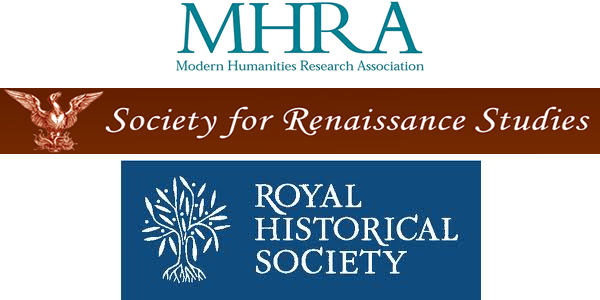Travel and Conflict in the Medieval and Early Modern World
Confirmed keynote speakers
- Daniel Carey (National University of Ireland, Galway)
- Judith Jesch (University of Nottingham)
- Sebastian Sobecki (University of Groningen)
This event will be the inaugural biennial conference of the Aberystwyth-Bangor Institute for Medieval and Early Modern Studies. It will be held at Bangor University, 3-5 September 2015.
About the conference
The meeting points between travel, mobility, and conflict are numerous. Travel can be a conflictual experience; in medieval Europe, movement may be perceived as being restricted to travel motivated by the exigencies of piety, pillage, or trade. It would however be too easy to suggest a clear binary between a medieval state of stasis and the more leisurely travel and exploration in the early modern period. Until relatively recently, domestic travel and voyages to the wider world remained dangerous undertakings.
Utopian fiction and travel writing are two genres that have been closely aligned by scholars who recognise how these genres reshape medieval discourses on the ideal state for an early modern audience. Weary travellers arrive at geographically unspecified places comprising ideal societies, but these ideal societies occupy a liminal space between fiction and reality: these spaces are ultimately unattainable due to the imprecision and prevarication present in the narrative. This draws to focus tensions within documenting imaginary travel and the material world. Far from being a site of concord, they become spaces of conflict. Travel – whether it is real or imagined, or if it has been implemented for public or private purposes - can be obstructed by conflicts; it remains often restricted and always bitterly debated.
This interdisciplinary conference brings together scholars working in the fields of medieval and early modern studies to interrogate the relationship between travel and conflict.

